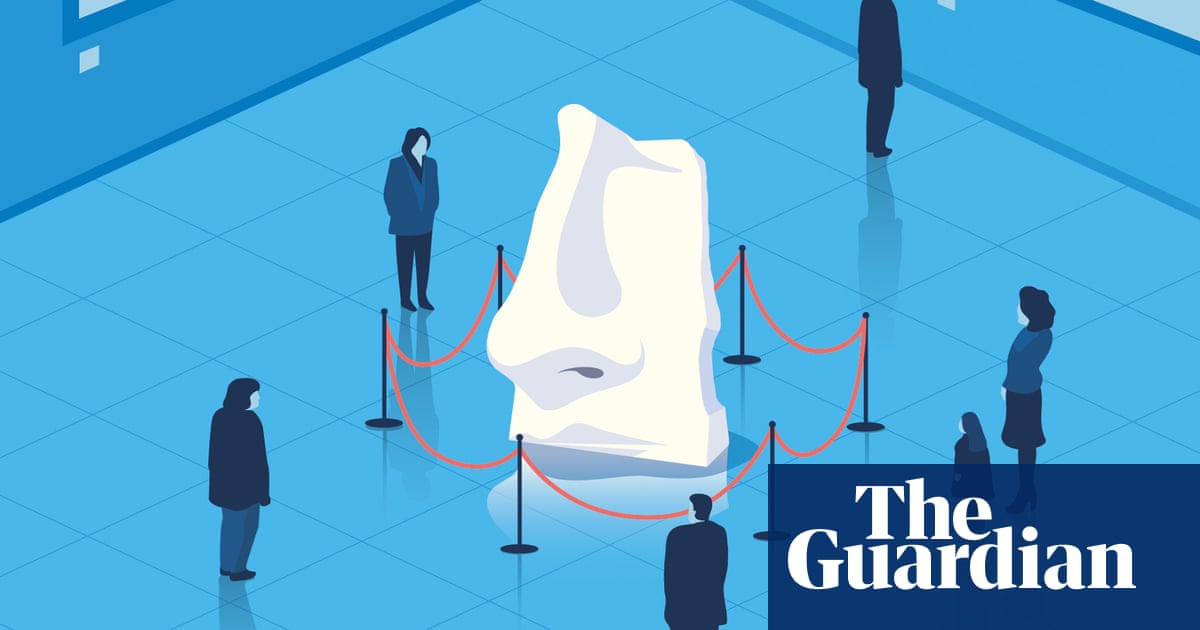If you have been on holiday recently, do you think you could recall and describe what the place smelled like? You probably don’t get asked that question very often. And yet, the characteristic smell of a place seems to contain its special essence. Photos can’t truly bring back the feeling of being there, but smell has that power.
Our sense of smell develops before we’re born, and it is strongly linked to brain centres associated with creating new memories and perceiving emotions and bodily sensations. As a result, smells can merge these together, forming vividly personal memories. Most of us have smells that act as a trigger, transporting us to another time and place; for some it is the ocean breeze in summer, for others it might be urban smells of coffee houses, exhaust fumes or a hot pavement on a sunny day. I remember moving to Chicago after completing my PhD in Sweden 15 years ago. In the taxi from the train station, amid the gloomy midwestern winter, I realised the entire city was doused in the most incredible chocolate smell. I opened the window and took a deep sniff. That familiar scent, coming from a chocolate factory on the west side of town, immediately made me feel at ease. I believe Proust was right when he wrote that smells contain “the vast structure of recollection”.
Nowadays, smell seems to be the least valued of our senses. It was not always that way. Its powerful role in creating personal experiences was made use of in the religious rituals of ancient and medieval Europe. Frankincense, it was believed, helped carry the spirits of the deceased up to the heavens, and could be used to call on the divine. The smells of nature were a central part of people’s lives when they lived off the land and close to livestock. For centuries, bad odours were seen as carriers of disease (a notion called miasma theory), and only pleasant ones could protect against them. That’s why plague doctors used beak-shaped masks stuffed with dried flowers to shield the wearer from the potentially lethal smells emitted by their patients. Today, odourless environments have become an ideal to aspire to, and it seems as if we pay less attention to smells than ever before. In doing so, however, we’re missing out on a host of benefits.
Smell forms a key part of many of our most important experiences. The emotional attachment and desire for your romantic partner, for example, depends to a surprising extent on smell. So does your appetite, and signals from the nose steer our brains towards flavourful, varied, but also calorie-dense foods. While the enjoyment of food and drink is often attributed to taste, it is really mostly about smelling. Food aromas are released in the mouth and transported via our oesophagus to the nasal cavity where we can smell them, but we somehow experience it all as happening in our mouths and we call it tasting, a strange phenomenon known as “oral referral”. If you pinch your nose next time you eat, you will notice how most flavours disappear.
And while smell can act as a powerful prompt to remember the past, it also immerses you in the here and now. We’ve had a reminder of this recently because of the Covid-19 pandemic, which caused long-lasting damage to an estimated 30 million people’s sense of smell. We rarely think about how attending to smells can make us feel more alive, but those with smell loss often report feeling alienated from reality, as though they are watching the world on a screen. This puts them at a high risk of becoming depressed.
Fortunately, our ability to smell can be enhanced. Smell training has positive effects on people recovering from damage caused by viruses, but it might also increase cognitive capacity and wellbeing more generally, particularly as we age. This kind of training typically involves smelling pleasant, high-concentration odours such as lemon, clove, rose and eucalyptus for about five minutes in total, switching odours every 20 seconds, every morning and evening for at least four months. Some evidence suggests that smell training can even reduce depressive symptoms and improve cognitive performance in people with dementia, but more research is needed.
My colleagues and I created a memory game in which the goal was to find matching pairs of tea among 24 identical tin cans. When we had healthy adults play, it was hard at first but soon they became more discriminating. In fact, after 40 days of training for about 10 minutes daily, they became as good as professional wine experts. They became better at describing smells with words, which most people find difficult – as you will have realised if you tried describing the aromas from your holiday. Participants also told us that smell training made them more mindful and aware of the smells around them.
Away from the lab, research has shown that being immersed in the smells of the forest, sea or earth after rain is particularly good for us. There is evidence they help us regulate emotion and reduce our stress and anxiety levels. Scientists now believe that, for those participating in the Japanese Shinrin-Yoku “forest bathing” tradition, some of the fragrant molecules emitted by trees might have direct, positive effects on bodily inflammation levels. Wherever we are, we can still get some benefit by practicising “smell-walking”. When I’m away with my research team, for example, we let our noses guide us through the new environment, paying attention and writing down and discussing all the smells we encounter. The smell-walk instils a sense of connectedness, making us realise that all places have their characteristic “smellscape” shaped by their unique nature, history and culture.
It is always worth paying attention to your smellscape, because it likely shapes your thoughts, feelings and moods, whether you are aware of it or not. Smell connects the many facets of who we are like no other sense, awakening our emotions and drives, and springing memories into being again. In short, to cultivate a better understanding of the smells you encounter – by attending to, describing, and remembering these sometimes nebulous but powerful suggestive cues – is to better understand yourself.
Jonas Olofsson is a professor at Stockholm University and author of The Forgotten Sense (William Collins).
after newsletter promotion
Further reading
The Secret of Scent by Luca Turin (Faber, £12.99)
Smelling to Survive by Bill S Hansson (Legend, £14.99)
Smellosophy: What the Nose Tells the Mind by AS Barwich (Harvard, £28.95)
Article by:Source: Jonas Olofsson















